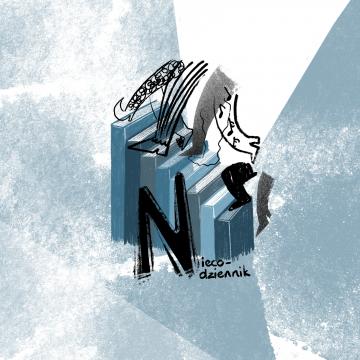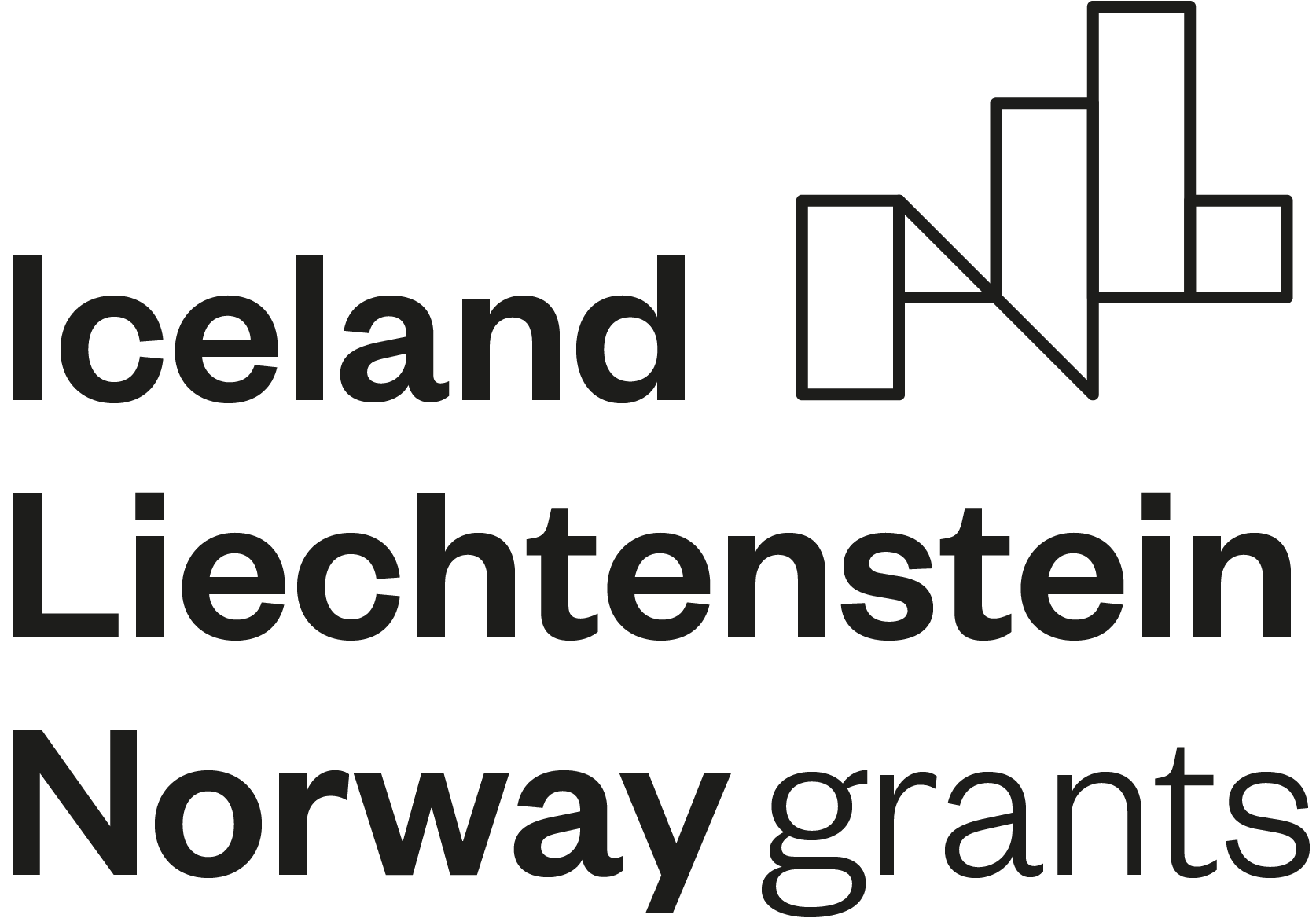
Journa(y/l) #2
We gladly inform you that each society that cares for culture can count on its support. It has a right to demand so.
We devoted the previous issue to e-Polis: the theme of this year's biennale. One of the biggest challenges its inhabitants face is balancing between taking responsibility for public affairs and trusting institutions. This time, we will try to think about how science can help us create the culture of the future.
Right to culture
Often the big headlines in the press, online and on social media thunder that we have a right to culture. In the words of Dr. Anita Budziszewska from the University of Warsaw - 'there is no such thing as a right to culture. No international legal document explicitly includes this right in its catalog of rights. The right to culture functions only in scientific, public discourse. We rather have a right to participate in cultural life than to culture itself."
However, over the past few years in Poland, many initiaitves have contributed to the conversation about culture and the right to participate in it - both from the active and passive sides.
We cordially invite you to read the entire article - link
A new place in Warsaw
A new cultural institution has recently appeared in Warsaw: the Warsaw Cultural Observatory. The investigative nature of this place encourages people to follow the changes that are taking place in culture and society. The idea is to actively participate in creating a modern, tolerant, critical society, respectful of democracy and civil liberties, multiple opinions, religions, sexual identities and origins. The task of the newly established institution will be to carry out research, forecast trends in culture and respond to the daily challenges of an ever-changing culture.
An interview with the director of the institution, Olga Wysocka, will soon be published on Wortal.
Biennale announcement
We proudly announce the loudest event of the season!
Everyone is invited to participate in the main competition of the Kultura Futura 2023 Biennale. The theme of the competition is the idea of,'e-POLIS - the city of the future'. Individuals and teams can submit works concerning three areas: virtual reality, augmented reality, artificial intelligence. The final works, selected by an international jury, will be presented at a gala opening in November 2023 in the Malopolska Garden of Arts.
We are waiting for applications until 31 May.
More details available here.
How did the pandemic mess with culture?
In the face of successive climate crises and disasters, does anyone still remember the days of the pandemic? In recent years, events that change the course of history have been falling on us as huge unexplored meteorites, putting us in surprising new situations and leaving with a sense of confusion. Ivan Krastev in his publication Tomorrow Has Come. How the Pandemic is Changing Europe reminds us of the pandemics’ origins, which now seem like a distant episode on the timeline. He raises questions about cultural and social changes around the world. Using expert opinion and popular literature, the author presents a broad spectrum of the problem. It is definitely an item worth reading.
We cordially invite you to read it.











